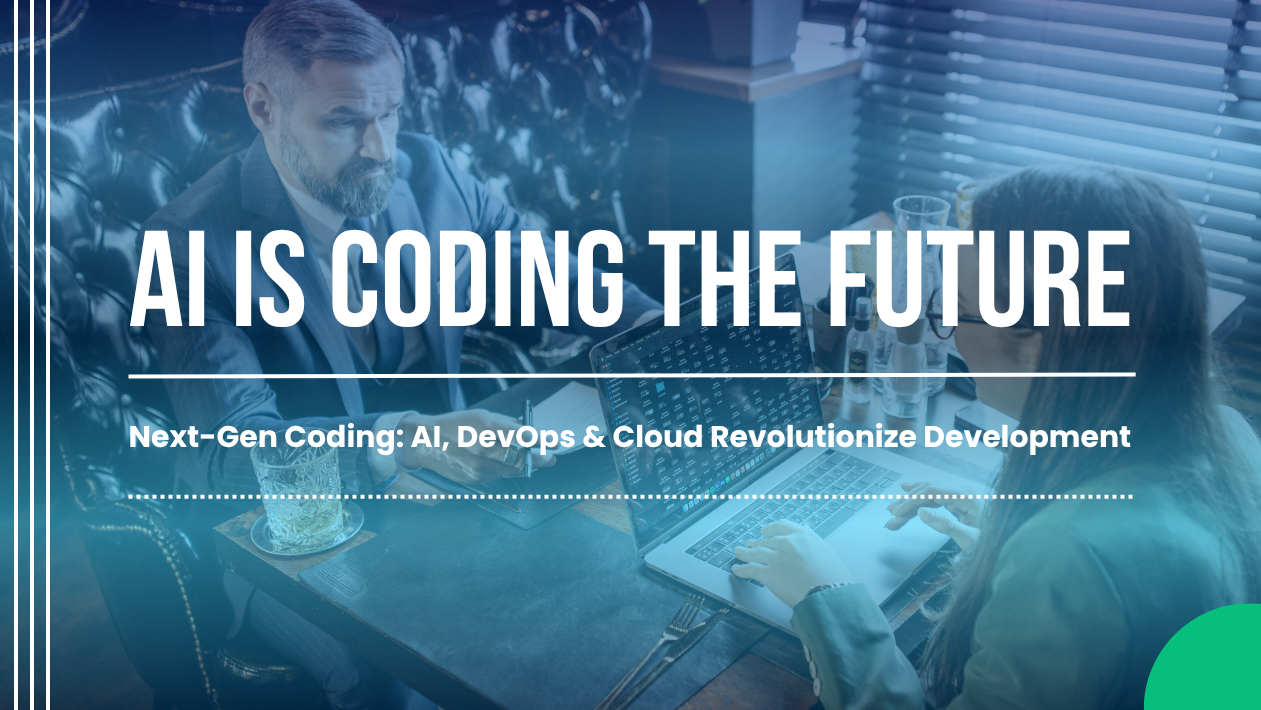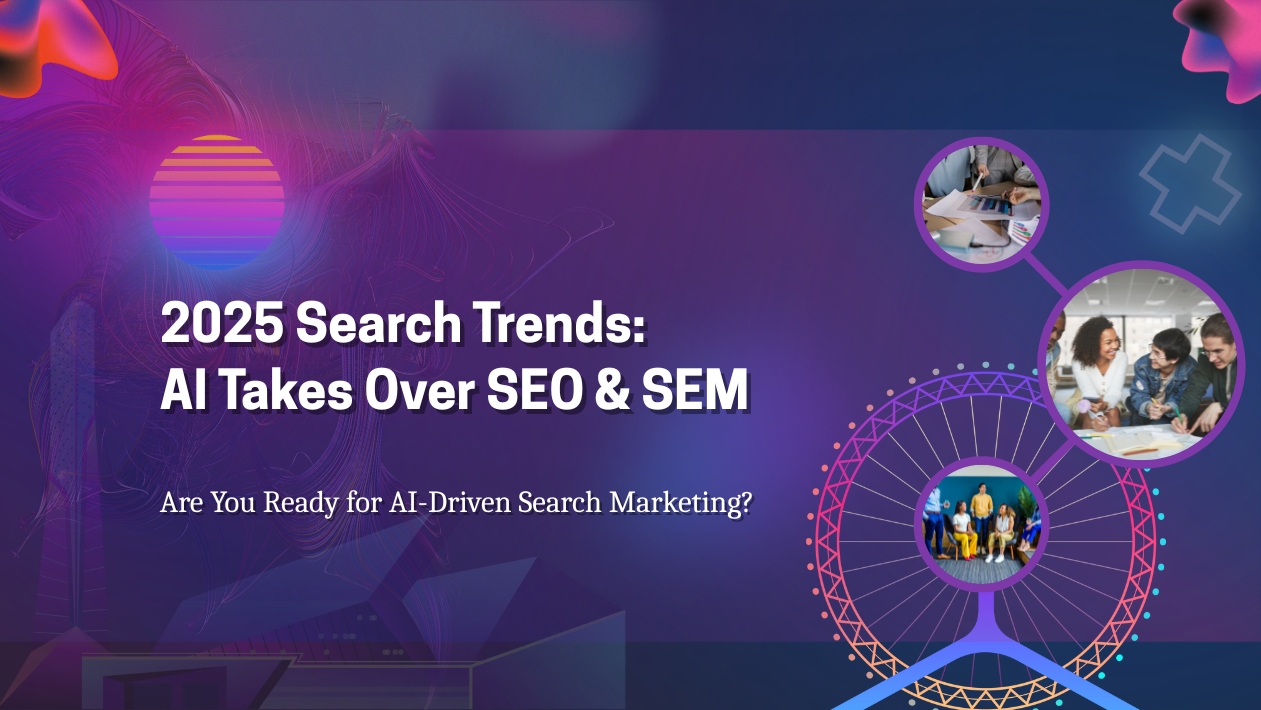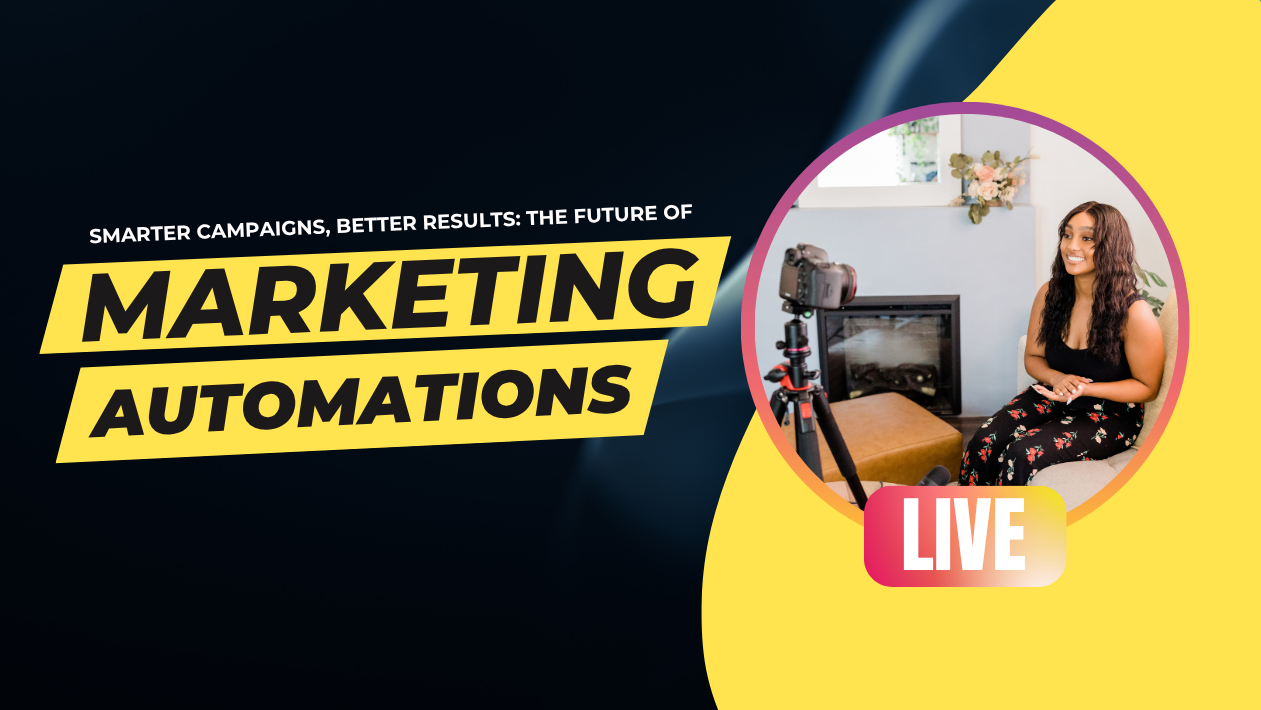In 2025, marketing automation is no longer just a time-saving tool—it’s a strategic powerhouse driving personalized engagement, smarter analytics, and seamless omnichannel experiences. With advancements in AI, machine learning, and predictive behavior modeling, marketing teams are automating more than just emails—they’re orchestrating entire customer journeys with precision.
A recent report by Forrester reveals that 91% of high-performing marketing teams use automation across at least four major channels, including email, social, SMS, and web.
AI Takes Center Stage in Campaign Automation
AI-driven platforms like HubSpot AI, Salesforce Einstein, and Marketo Engage now analyze real-time customer behavior to dynamically adjust content, timing, and channel delivery. This results in highly personalized experiences that boost open rates, click-throughs, and conversions.
“AI allows us to move from scheduled blasts to intelligent conversations,” says Anita Verma, CMO at a global D2C brand. “It’s about being helpful, not just visible.”
Omnichannel Automation Enhances Customer Experience
Modern automation platforms integrate across email, WhatsApp, push notifications, social ads, and chatbots—ensuring consistent, contextual engagement. Brands can trigger workflows based on micro-moments, such as cart abandonment, content views, or voice assistant interactions.
This allows for real-time, cross-device personalization at scale.
Predictive Lead Scoring and Sales Enablement Integration
AI-powered lead scoring tools now evaluate user intent with behavioral and demographic data, prioritizing sales-ready prospects. Seamless CRM integration allows sales teams to receive automated insights, nurture reminders, and content suggestions based on where the lead is in the funnel.
No-Code and Low-Code Tools Empower Marketers
The rise of no-code automation platforms such as Zapier, ActiveCampaign, and Brevo (formerly Sendinblue) means that marketing teams no longer need to depend heavily on developers. From building dynamic landing pages to creating branching workflows, non-technical users can launch advanced campaigns independently.
Regulatory Compliance and Ethical Automation
With evolving data privacy laws like the Digital Markets Act and AI Act, marketers are implementing consent-based automation and transparent opt-in strategies. Ethical AI and responsible personalization are becoming new benchmarks in campaign design.
Outlook: Smarter, Simpler, More Strategic
As automation tools become more intuitive and intelligent, marketers are shifting focus from manual execution to strategy, storytelling, and experimentation. The goal is not just efficiency, but engagement at every meaningful touchpoint.





